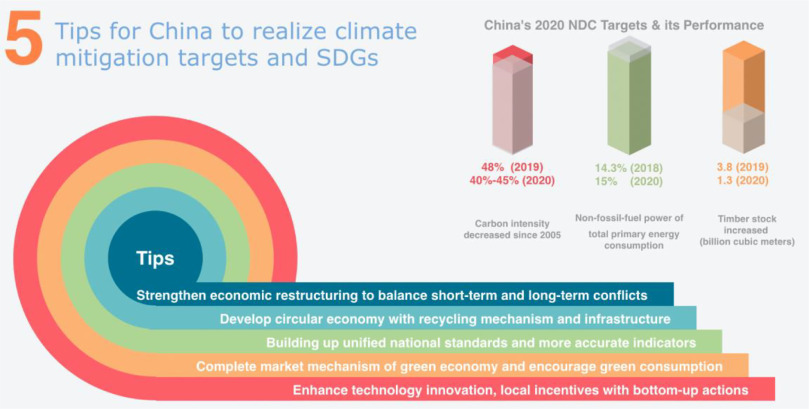Climate, land use and land cover (LULC) changes are among the primary driving forces of soil loss. Decoupling their effects can help in understanding the magnitude and trend of soil loss in response to human activities and ecosystem management. Here, the RUSLE model was applied to estimate the spatial-temporal variations of soil loss rate in the Three Gorges Reservoir (TGR) area during 2001–2015, followed by a scenario design to decouple the effects of climate and LULC changes. The results showed that increasing rainfall generated as much as 2.90 × 107 t soil loss in the TGR area.
Background: Access to safe sanitation and the elimination of open defecation are pre-conditions for improved child health and nutrition and wider achievement of the Sustainable Development Goals (SDGs). While Indonesia has a solid policy framework, the country ranks third globally in terms of numbers of people practicing open defecation. Objectives: Our aim was to assess the effectiveness of a five-year strategy to reduce open defecation through accelerating implementation of the national sanitation program across districts receiving variable levels of external support.



